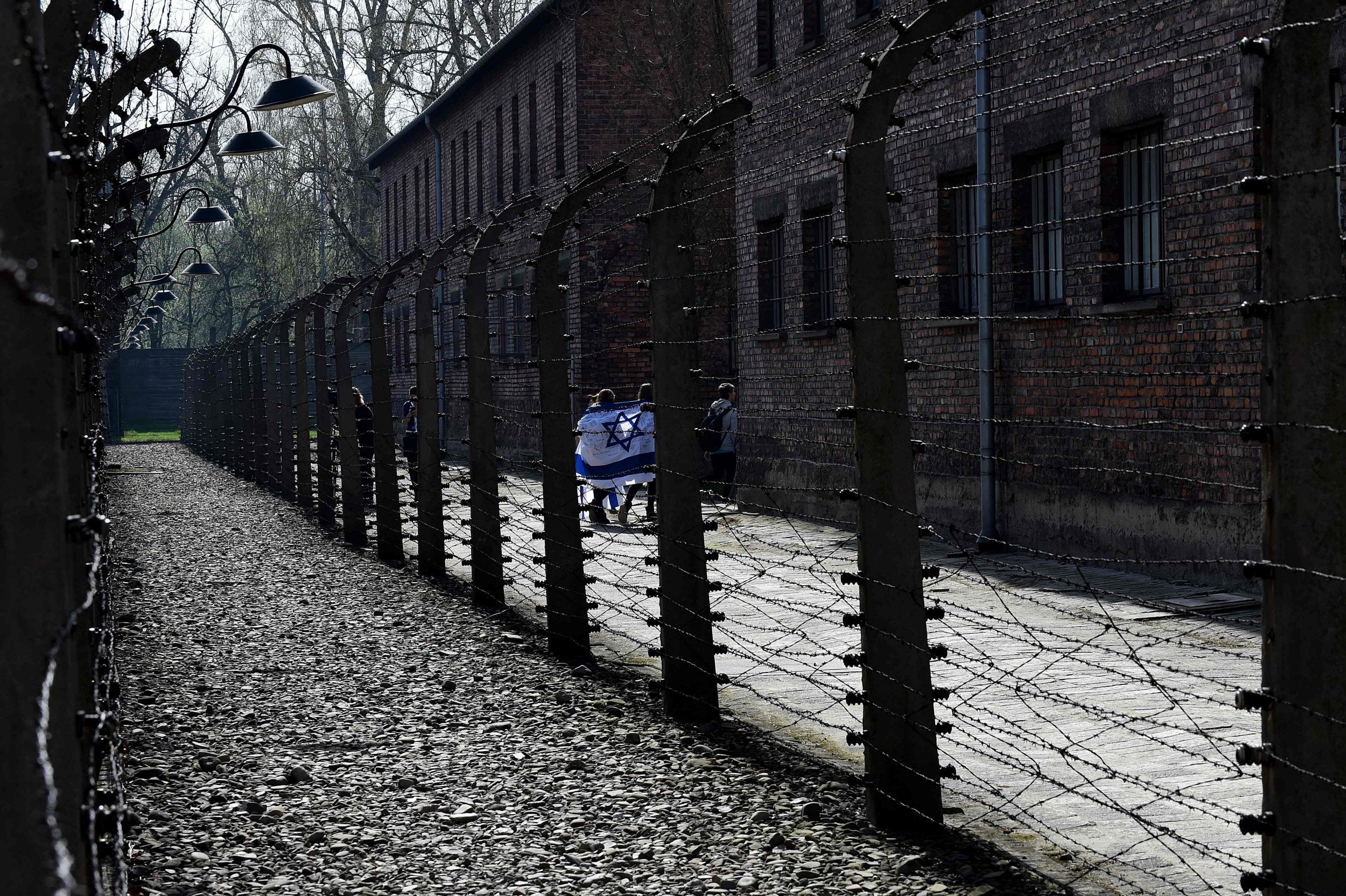Poland backs down on divisive Holocaust law after anger from Israel and US
Nationalist, right-wing government said at the time the law was needed to protect the country's reputation

Your support helps us to tell the story
From reproductive rights to climate change to Big Tech, The Independent is on the ground when the story is developing. Whether it's investigating the financials of Elon Musk's pro-Trump PAC or producing our latest documentary, 'The A Word', which shines a light on the American women fighting for reproductive rights, we know how important it is to parse out the facts from the messaging.
At such a critical moment in US history, we need reporters on the ground. Your donation allows us to keep sending journalists to speak to both sides of the story.
The Independent is trusted by Americans across the entire political spectrum. And unlike many other quality news outlets, we choose not to lock Americans out of our reporting and analysis with paywalls. We believe quality journalism should be available to everyone, paid for by those who can afford it.
Your support makes all the difference.Poland's government will water down a divisive Holocaust law and remove parts that imposed jail terms on anyone who suggested the nation was complicit in Nazi crimes after anger from the United States and Israel.
Mateusz Morawiecki, the Polish prime minister, asked parliament to amend the law – an unexpected announcement that came as his ruling Law and Justice party (PiS) seeks to bolster security ties with Washington and faces heightened scrutiny from the EU.
MPs started a debate on the changes and the lower house speaker said they would be dealt with in an “urgent procedure”.
The law, as it went into effect in March, imposed jail sentences of up to three years for anyone who used the phrase “Polish death camps” or suggested “publicly and against the facts” that the Polish nation or state was complicit in Nazi Germany’s crimes.
The nationalist, right-wing government said at the time the law was needed to protect Poland’s reputation. Israel and its ally the US said it amounted to a historical whitewash.
“We resign from the criminal provisions,” the head of prime minister’s office, Michal Dworczyk, told public radio on Wednesday morning, saying those parts of the bill would divert attention from the original point of the legislation.
The PiS government said that following a public debate on the bill, it had decided that there were other “tools” it could use to “protect Poland’s good name”.
“The change is a result of our analysis of the situation. Also, the international discussion, and especially in the US had an impact. This is all connected,” said a PiS lawmaker on condition of anonymity.
Warsaw has been seeking security assurances from Washington as a deterrence policy against Russia – and last month broke from the EU’s outright rejection of Washington’s withdrawal from the Iran nuclear deal.
Earlier this week European Union ministers began an unprecedented discussion of threats to the rule of law in Poland, urging Warsaw to step back from contested judicial reforms they say put its courts under more political control.
About three million Jews who lived in pre-war Poland were murdered by the Nazis, accounting for about half of all Jews killed in the Holocaust.
Jews from across the continent were sent to be killed at death camps built and operated by Germans in occupied Poland – home to Europe’s biggest Jewish community at the time – including Auschwitz, Treblinka, Belzec and Sobibor.
Thousands of Poles risked their lives to protect Jewish neighbours during the war. But research published since the fall of communism in 1989 showed that thousands also killed Jews or denounced those who hid them to the Nazi occupiers, challenging the national narrative that Poland was solely a victim.
Reuters
Join our commenting forum
Join thought-provoking conversations, follow other Independent readers and see their replies
Comments